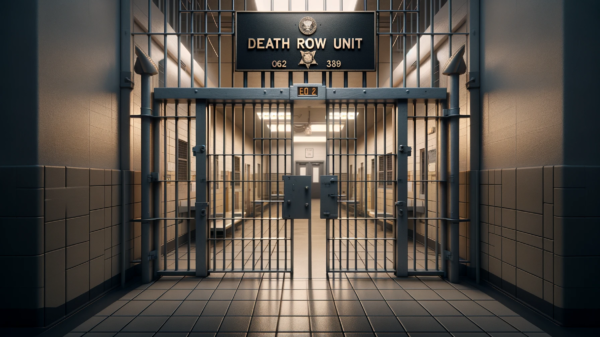By Lee Hedgepeth
Alabama Political Reporter
MONTGOMERY – Just over a decade after the US Supreme Court ruled state bans on consensual sodomy unconstitutional, the Alabama Court of Criminal Appeals has finally invalidated our version of the archaic prohibition.
In 2003, in Lawrence v. Texas, the United States Supreme Court ruled unconstitutional a Texas statute making illegal all forms of sodomy, even consensual adult sodomy. That case overruled the earlier Bowers v. Hardwick, which had upheld such a law, despite studies at the time showing that over eighty percent of all adult couples – whether homosexual or heterosexual – participated in some form of sodomy.
Lawrence, in no easy words, said that “Bowers was not correct when it was decided, and it is not correct today. It ought not to remain binding precedent. Bowers v. Hardwick should be and now is overruled.”
Though Justice Anthony Kennedy – still known as the swing vote on the High Court – wrote those words 11 years ago, they were not true in Alabama until this week’s ruling.
The Alabama Criminal Court of Appeals opinion, which says it is dictated by Lawrence, was issued per curiam (on behalf of the entire Court), but the actual text was joined only by three of the bench’s five judges, including the Court’s two women jurists.
“In light of the United States Supreme Court’s holding in Lawrence, we conclude that 13A-6-65(a)(3) is unconstitutional and that the circuit court erred in denying Williams’s motion for a judgment of acquittal. Therefore, we reverse the circuit court and render a judgment in favor of Williams.”
DeWayne Williams had been charged and convicted of sodomy and served a year in jail, never being allowed to put forward consent as a defense due to the law’s wording, which made clear that sodomy was illegal in the State whether it was a consensual act or not.
The problem for the state in not addressing the law before this ruling, though, outweighs whatever political ramifications would come from revising the legislation in light of Lawrence. The man Williams sodomized maintains he was raped, but because Alabama’s statute was not updated and included an unconstitutional, blanket ban on sodomy, not only was his conviction reversed by the appeals court, but he cannot be tried again due to double jeopardy considerations.
The Court’s opinion reversing the conviction criticizes the State’s attorneys for asking that the judiciary effectively write a new law from the bench, allowing a new prosecution to occur at the expense of judicial activism.
“The State ‘urges this Court to hold that the statute now requires, as an element of the crime, that any sexual act charged under 13A…(3) must have been committed without the consent of the victim.’ The State suggests we accomplish this by striking down the unconstitutional language… and remanding the case for a new trial. The Alabama Supreme Court, however, has stated: ‘As the judicial branch of government, this court can only interpret the law.’ Therefore, we will not, as the State urges us to do on appeal, amend the Alabama Code to make it constitutional.”
















































